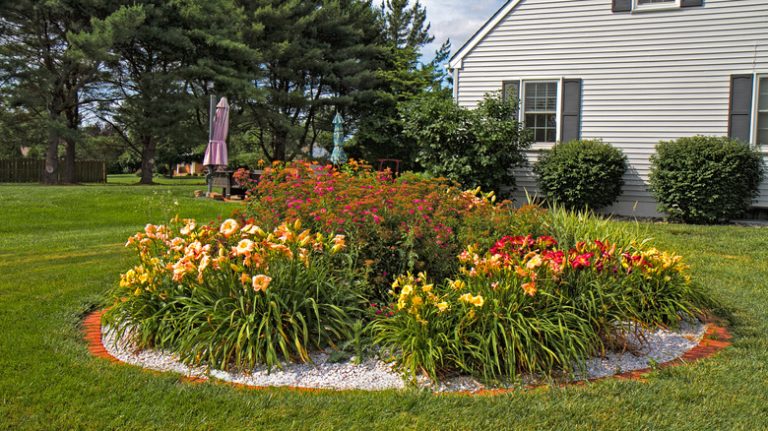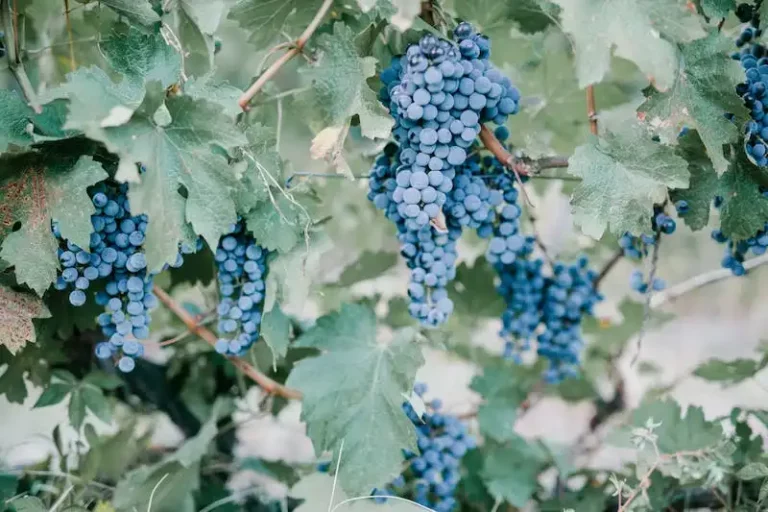It’s easy to understand why peonies are well-loved flowers. Their lush and extravagant blooms have long been cherished in gardens, earning a spot as a perennial favorite among horticulturists and gardening enthusiasts alike. Known for their resilience, breathtaking blooms, and longevity, peonies are a staple in many gardens, providing a burst of color and elegance each spring. However, the transition into winter poses unique challenges for these beloved plants, and this is why proper care — which includes pruning, mulching, and watering — is essential to ensure your peonies emerge healthy and beautiful with the arrival of spring.
Peonies have an intriguing relationship with cold temperatures. This requirement for cold is known as vernalization, and it plays a crucial role in the peony’s overall growth and flowering process. According to a 2024 study published in the National Library of Medicine, this process promotes flowering among plants after prolonged exposure to cold temperatures. As autumn descends, the once-vibrant peony bushes face a transformation. The foliage begins to wither and fade, signaling the plant’s retreat into a period of dormancy. This time is vital for plant energy conservation and metabolic slowing to survive the harsh winter conditions.
While peonies are remarkably hardy, the winter season can be a critical time for their overall health. Understanding the nuances of peony care during this season is crucial to ensure their survival and a spectacular return come spring.
Caring for peonies in the winter

As temperatures drop, peonies enter a state of rest and develop flower buds (aka “eyes” with a reddish or pinkish tint). These buds will be next season’s stems, so you must keep them untouched as you go about your peony care duties during winter. In case you see a mature peony’s crown gradually emerge from the soil (a phenomenon known as “heaving”) with some buds or eyes exposed during winter, there’s no cause for worry since these plants thrive in the cold. Note that the need for cold varies among peony species and cultivars, so it’s crucial to choose peonies that thrive well with your local climate.
Peony growers should be on the lookout for yellowing leaves in the fall. When this happens, you may remove the wilted foliage and cut the plants almost to the ground. Make sure to clear any and all debris around your peonies.
Mulching is optional or may be best avoided, particularly for well-established plants. However, a thin layer of straw mulch is recommended for new growth experiencing its first winter in colder regions. Avoid crowding the stems with mulch so the plant can breathe and to prevent moisture entrapment that can lead to root rot. As for peony water needs during winter, the rain or melting snow will usually cover this. Besides, ensuring that peonies are getting enough water becomes critical mostly during spring and fall.
Post-winter care strategies

As winter transitions into spring, the shift in temperature signals to the peony that it’s time to come out of its winter slumber and begin the growth cycle anew. Once the threat of frost has passed, remove any remaining mulch to allow the soil to warm and encourage new growth. Gradually introduce a balanced slow-release fertilizer to fuel new growth and provide support for the emerging stems to prevent them from flopping under the weight of the blooms. Install peony rings or stakes early in the season to avoid damaging emerging shoots.
Ensure your peonies receive adequate moisture, especially during dry spells in the spring and early summer. However, be mindful of the method you use to water peony plants – they prefer rich, well-drained soil. Consistent soil moisture (but not wet) is particularly crucial when buds are forming.
Regular pest monitoring and disease prevention measures, such as proper spacing and ensuring good air circulation, remain essential throughout the growing season. Deadhead spent blooms to encourage additional flower production and maintain plant vitality. With these peony care practices, your plants won’t only survive through winter — they’ll thrive and reward you with a glorious display of their magnificent blossoms season after season.



